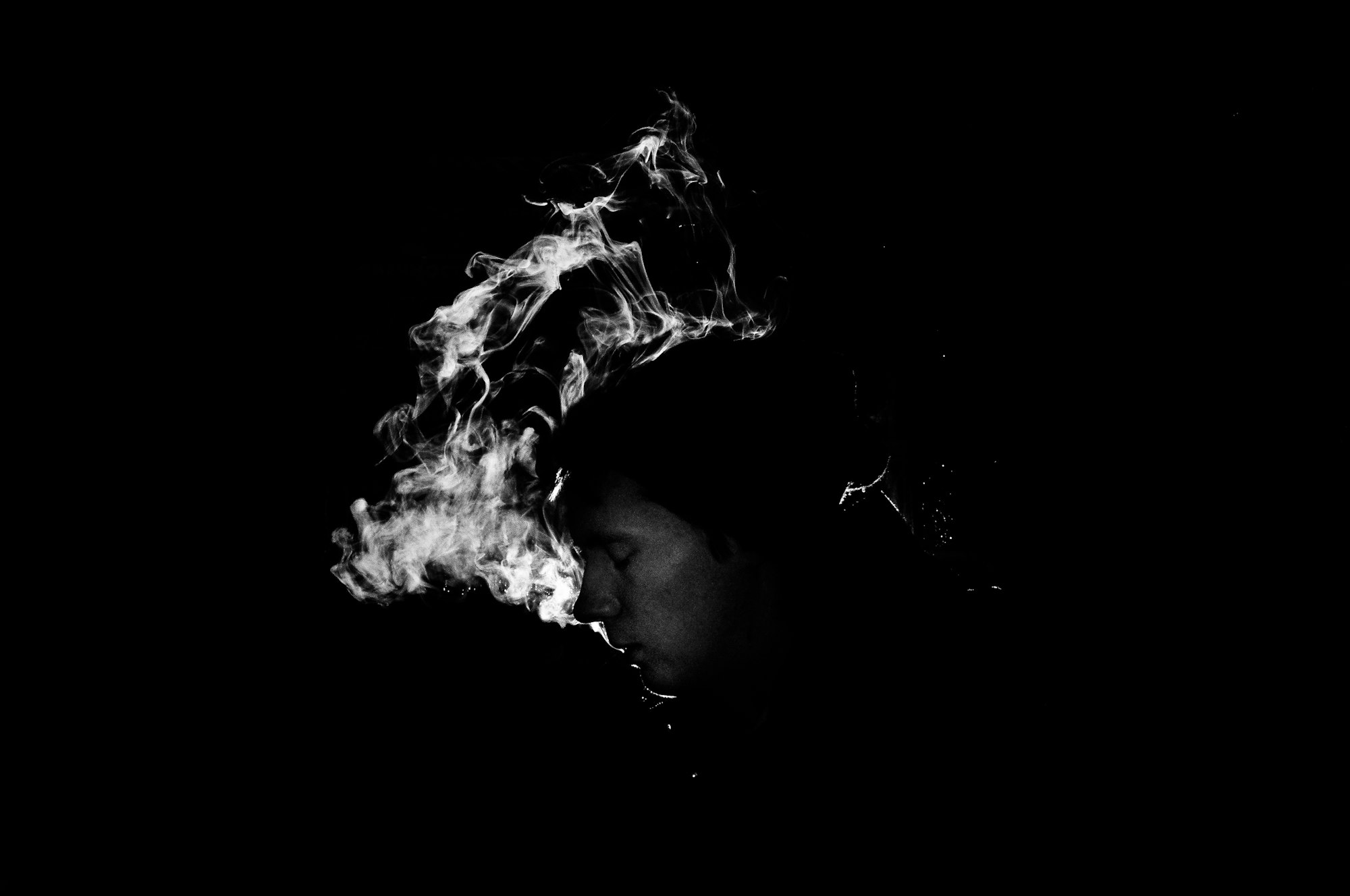The terrible price we pay for our addiction to certainty
Reality itself is based on how we choose to see the world. And in our quest to calm our brains in the face of unlimited, complex stimuli – we revel in certainty. But in a complex, interconnect world – our brains are largely doing us a disservice.

Reality itself is based on how we choose to see the world. And in our quest to calm our brains in the face of unlimited, complex stimuli – we revel in certainty. But in a complex, interconnect world – our brains are largely doing us a disservice.
Certainty is an illusion.
Our worldviews, paradigms, beliefs and ideologies are not truth – they are the truths we choose to believe in.
In Daniel Kahneman’s iconic book Thinking fast, thinking slow he delves deeply into the psychological realm of intuition and deeper levels of thinking and reveals just how predictably irrational human beings really are. One thing is for sure – our addition to certainty probably does more harm to us than good – and is responsible for a lot of the torment in the world.
The only solution is an active realisation that you actually know nothing, stay humble about your viewpoints and actively welcome the perspectives of others.
But asking most people to even consider this kind of humility is perhaps asking too much.
The world is complex and cannot be reduced to simple models for our pathetic minds to try and comprehend, so be very wary of people that come across as too certain of anything. Realising and embracing this simple fact is a powerful first step if you’re planning on living in the future.

